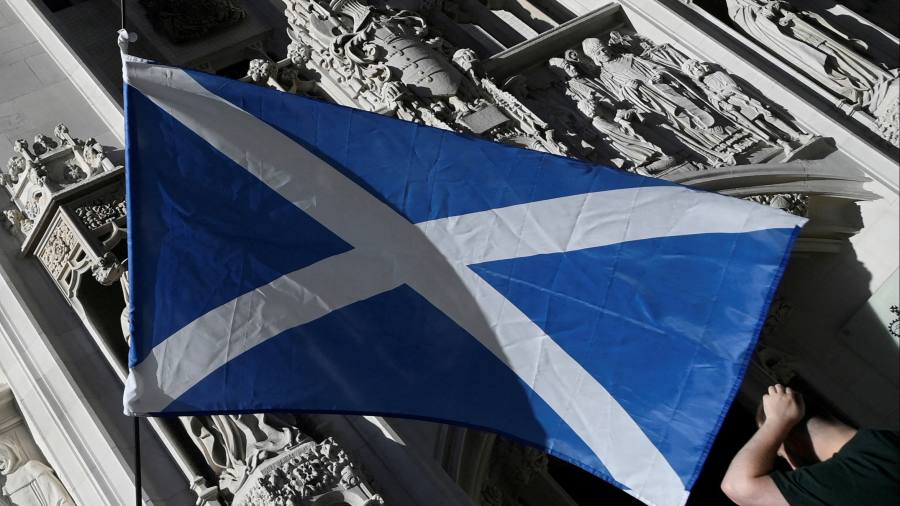
The UK Supreme Court has ruled that the Scottish government does not have the legal authority to hold an independence referendum without agreement from Downing Street, scuppering a plan for a vote next year.
Nicola Sturgeon, Scotland’s first minister, in June told the parliament in Edinburgh that she wanted to hold a plebiscite in October 2023. Lord Advocate Dorothy Bain, Scotland’s most senior legal officer, referred the draft bill to the Supreme Court because she did not have the “necessary degree of confidence” that the devolved parliament had the authority to legislate for a vote on a break-up of the UK.
Lord Robert Reed, president of the Supreme Court, on Wednesday said the proposed legislation relates to reserved matters and therefore the Scottish parliament does not have the power to legislate for a referendum.
The justices rejected the argument by the Lord Advocate that the fact that the proposed referendum would be “advisory” meant it was not related to the union, which is reserved to the government in London.
Sir James Eadie, representing the UK government, had branded the argument as “strange” because the proposed plebiscite would not just be an opinion poll but part of a political strategy that sought the end of the union between Scotland and England.
Sturgeon had previously said that she would use the next UK general election as a “de facto” referendum if the Supreme Court ruled she did not have the authority to hold an independence vote.